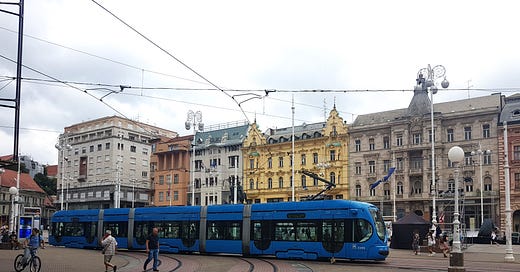Croatia – The Land of Ghosts
Part Two of the Balkan Voyage: Can We Be Free of our Past and Future?
One of the mysteries and marvels of travel is how our quirky human souls connect with the various locations on our path. Each town or village, mountain range or beach, speaks to us in a different manner. Some whisper, some shout, some sing, some growl, and all have a message.
During my voyage through Romania, Hungary and Croatia, each country touched my …




